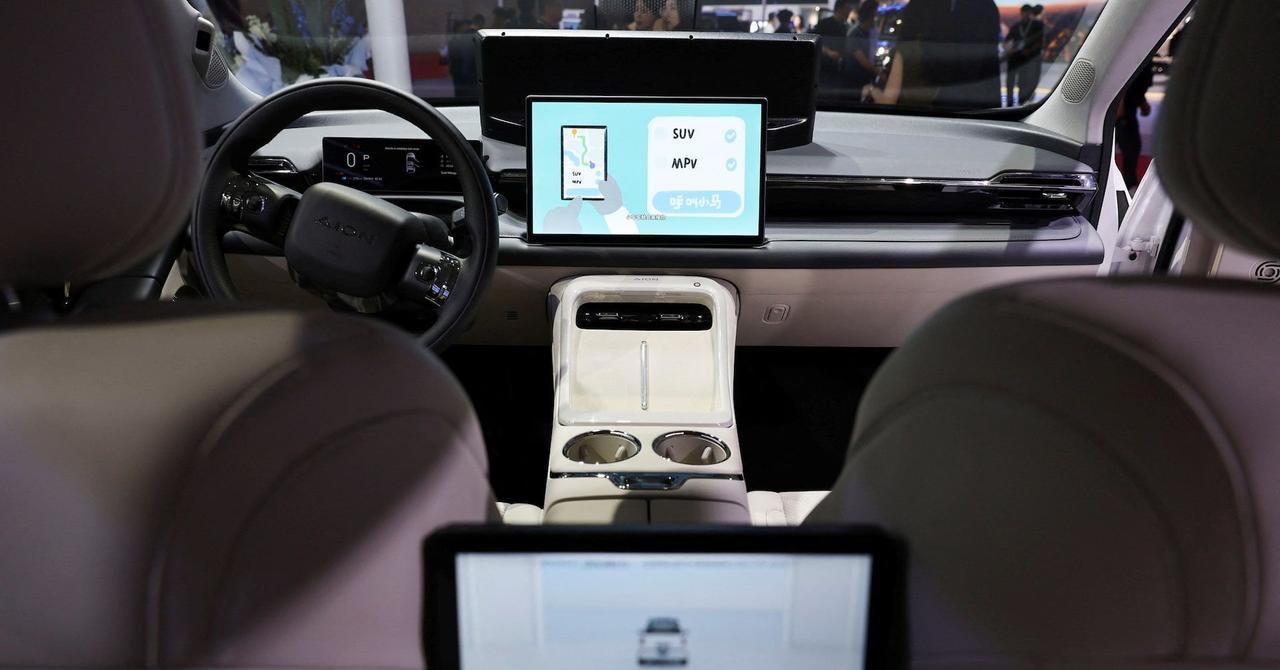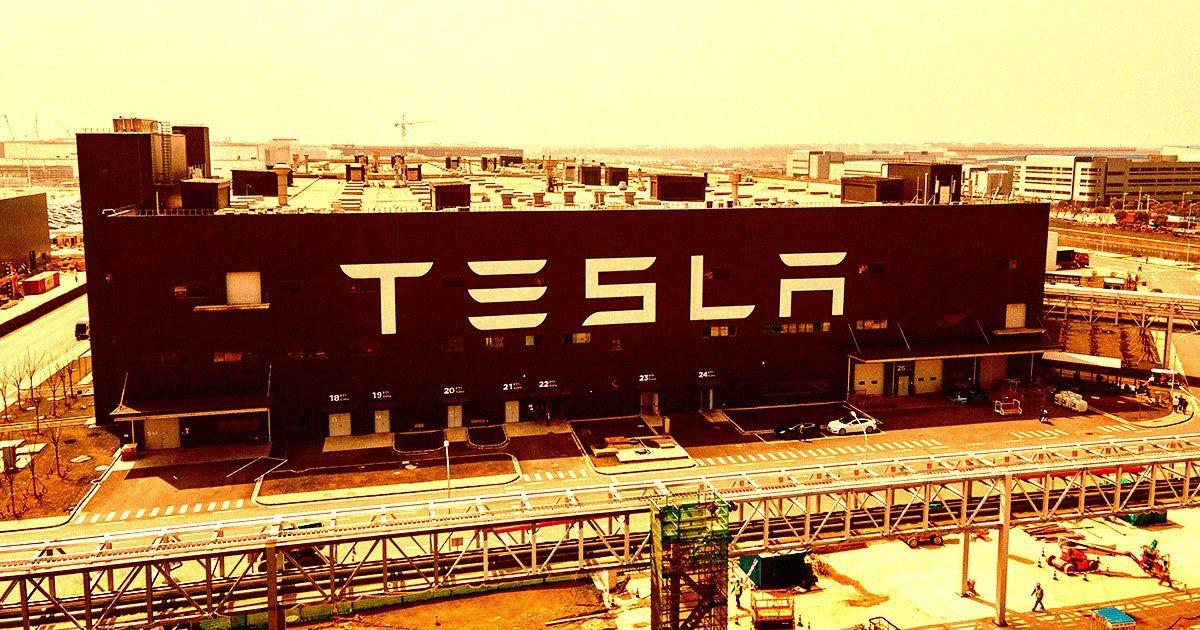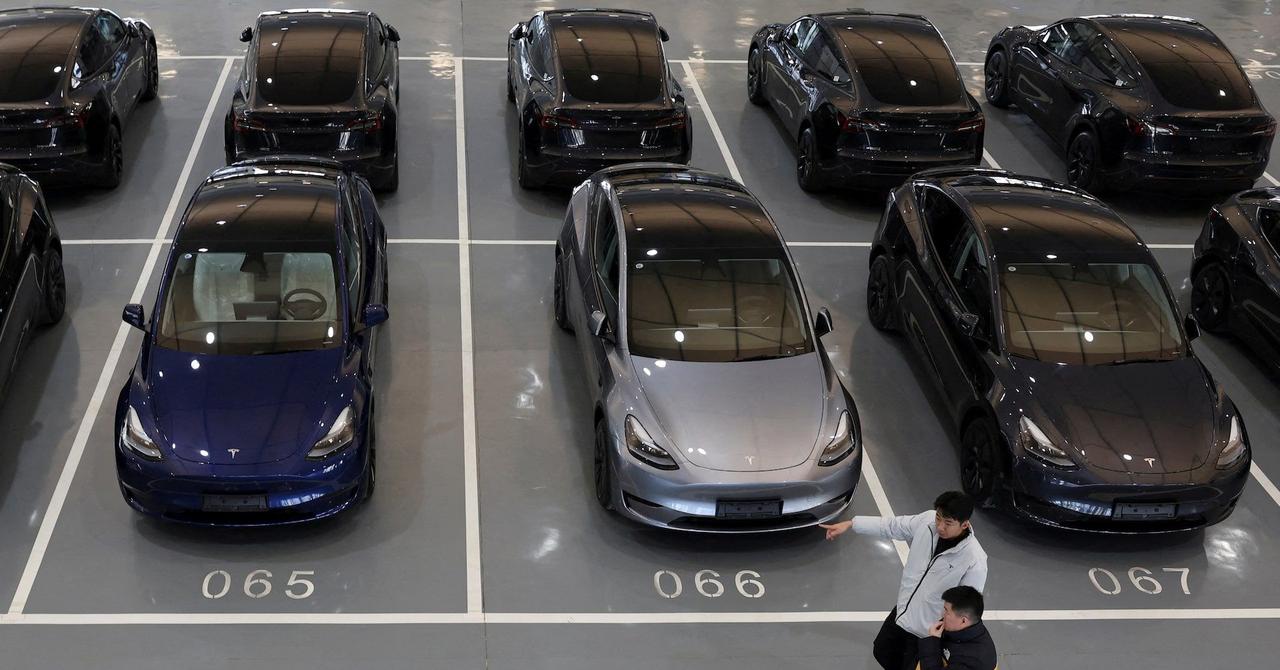China Proposes New Regulations for Car-Generated Data Export, Impacting Tesla and AI Development
2 Sources
2 Sources
[1]
China issues draft guidance on transfer of car-generated data
BEIJING, June 13 (Reuters) - China on Friday published draft guidance to regulate the export of data generated by cars in the country, providing a potential roadmap for companies such as Tesla (TSLA.O), opens new tab that have been keen to do so. The industry ministry detailed different scenarios where it may or may not require security assessments for companies seeking to transfer data abroad. For example, it said data collected in China for training and developing autonomous driving or advanced driving assistance systems was categorised as 'important' data that would require approvals for outbound transfers, according to the drafted rules that are open to public comment until July 13. It granted some exemptions, for instance to data processing companies registered in the country's free trade zones, saying that they would not require approval to transfer abroad any data that had not been classified as restricted by the free trade zone. Tesla has been seeking approval from Chinese regulators to transfer data collected from its fleet of more than 2 million EVs in China, currently saved locally in Shanghai, back to the United States for training its autonomous driving algorithms. The U.S. also does not allow Tesla to train its AI software in China, a situation chief executive Elon Musk has described as a "quandary", which undermines the performance of its Full Self-Driving software on Chinese roads. Tesla did not immediately respond to a request from Reuters for comment on the drafted rules. Reporting by Ethan Wang, Zhang Yan and Brenda Goh; Editing by Kirsten Donovan Our Standards: The Thomson Reuters Trust Principles., opens new tab Suggested Topics:Emerging MarketsADAS, AV & SafetyEV Battery
[2]
China issues draft guidance on transfer of car-generated data
BEIJING (Reuters) -China on Friday published draft guidance to regulate the export of data generated by cars in the country, providing a potential roadmap for companies such as Tesla that have been keen to do so. The industry ministry detailed different scenarios where it may or may not require security assessments for companies seeking to transfer data abroad. For example, it said data collected in China for training and developing autonomous driving or advanced driving assistance systems was categorised as 'important' data that would require approvals for outbound transfers, according to the drafted rules that are open to public comment until July 13. It granted some exemptions, for instance to data processing companies registered in the country's free trade zones, saying that they would not require approval to transfer abroad any data that had not been classified as restricted by the free trade zone. Tesla has been seeking approval from Chinese regulators to transfer data collected from its fleet of more than 2 million EVs in China, currently saved locally in Shanghai, back to the United States for training its autonomous driving algorithms. The U.S. also does not allow Tesla to train its AI software in China, a situation chief executive Elon Musk has described as a "quandary", which undermines the performance of its Full Self-Driving software on Chinese roads. Tesla did not immediately respond to a request from Reuters for comment on the drafted rules. (Reporting by Ethan Wang, Zhang Yan and Brenda Goh; Editing by Kirsten Donovan)
Share
Share
Copy Link
China has released draft guidelines to regulate the export of data generated by cars, potentially affecting companies like Tesla. The rules outline scenarios requiring security assessments for data transfers abroad, particularly for autonomous driving and advanced driving assistance systems.
China's New Draft Regulations on Car-Generated Data Export
China has taken a significant step towards regulating the export of data generated by vehicles within its borders. On Friday, the country's industry ministry published draft guidance that could have far-reaching implications for automotive companies, particularly those involved in autonomous driving and advanced driver assistance systems (ADAS)
1
.Key Points of the Draft Guidance
The proposed regulations outline various scenarios where security assessments may or may not be required for companies seeking to transfer data abroad. One of the most notable aspects of the draft is the classification of data collected in China for training and developing autonomous driving or ADAS as 'important' data. This categorization means that such data would require approvals for outbound transfers
2
.
Source: Reuters
Exemptions and Special Cases
The draft guidance does provide some exemptions. For instance, data processing companies registered in China's free trade zones would not require approval to transfer abroad any data that has not been classified as restricted by the free trade zone. This provision offers a potential avenue for companies to navigate the new regulations
1
.Impact on Tesla and Other Companies
These proposed regulations could significantly impact companies like Tesla, which has been actively seeking approval from Chinese regulators to transfer data collected from its fleet of over 2 million electric vehicles in China. Currently, this data is stored locally in Shanghai, but Tesla aims to transfer it back to the United States for training its autonomous driving algorithms
2
.Related Stories
The "Quandary" for Tesla
The situation is further complicated by restrictions from the U.S. side. Tesla is not allowed to train its AI software in China, a situation that CEO Elon Musk has described as a "quandary." This limitation undermines the performance of Tesla's Full Self-Driving software on Chinese roads, highlighting the complex interplay between data regulations and technological development across international borders
1
.Next Steps and Industry Response
The draft rules are currently open for public comment until July 13, providing an opportunity for stakeholders to provide feedback. As of now, Tesla has not immediately responded to requests for comment on the drafted rules. The final form of these regulations could have significant implications for the automotive industry, particularly in the rapidly evolving fields of autonomous driving and ADAS
2
.This development underscores the growing importance of data regulation in the automotive sector and highlights the challenges companies face in navigating different regulatory environments while developing global technologies.
References
Summarized by
Navi
[2]
Related Stories
Recent Highlights
1
ByteDance's Seedance 2.0 AI video generator triggers copyright infringement battle with Hollywood
Policy and Regulation

2
Demis Hassabis predicts AGI in 5-8 years, sees new golden era transforming medicine and science
Technology

3
Nvidia and Meta forge massive chip deal as computing power demands reshape AI infrastructure
Technology








